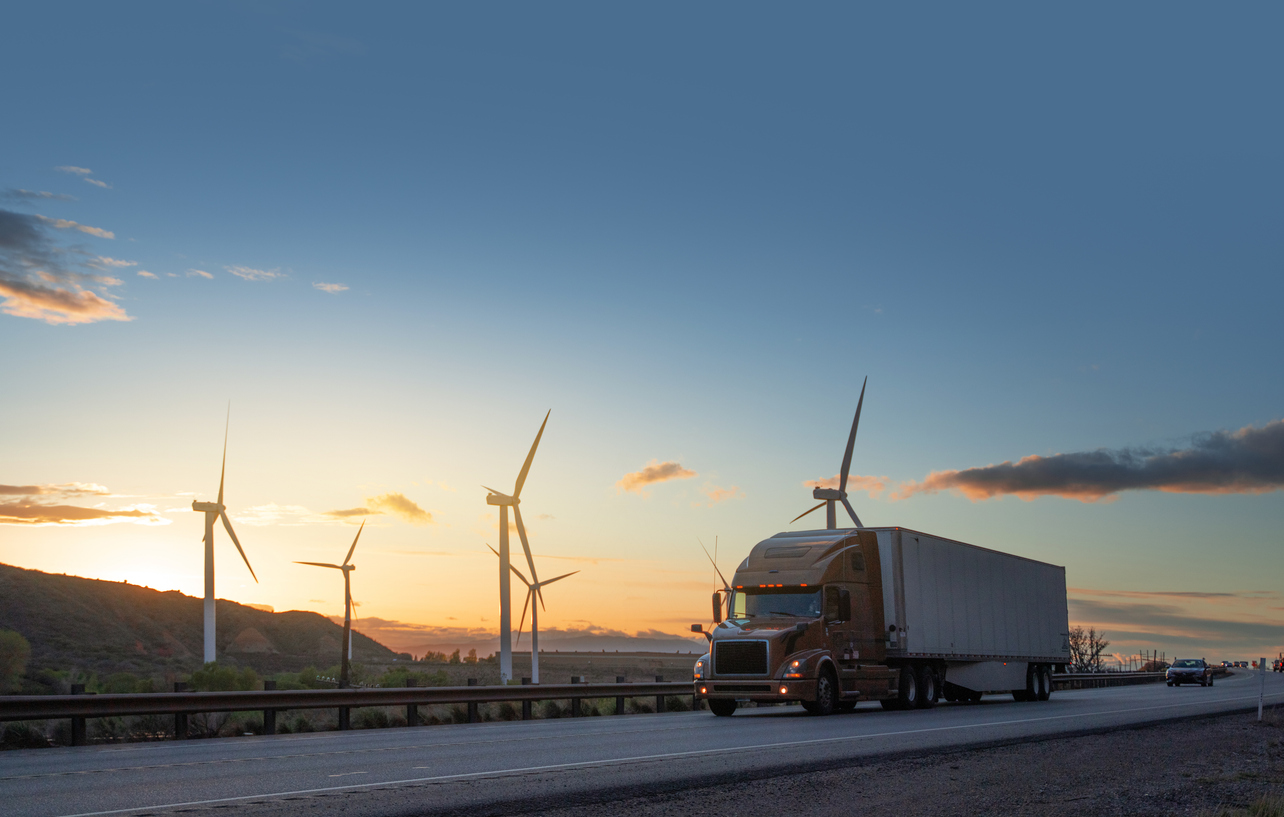When it comes to decarbonization, many companies have clear emissions reduction strategies. That is, until Scope 3 enters the picture. As opposed to Scopes 1 and 2, which represent very distinct segments of your operations, Scope 3 refers to the emissions from everything else in your value chain—upstream and downstream— and makes up 90% of a company’s total carbon footprint on average. The sheer scope of a company’s value chain, combined with the lack of direct control over supplier operations, however, make Scope 3 emissions reduction notoriously difficult. Fortunately, solutions exist to simplify supply chain decarbonization.

Need a refresher?
Check out our sustainability glossary, which breaks down 45 of the most important decarbonization terms you need to know to take charge of emissions reduction in your company.
Read the full articleUnderstanding Scope 3 Emissions
Scope 3 emissions are indirect emissions that occur in the value chain, including both upstream and downstream activities. For many companies, Scope 3 emissions represent the largest portion of their carbon footprint, often exceeding 90% of total emissions. These emissions are generated by transportation, product use, employee commute, end-of-life disposal, and most importantly, by suppliers. Making up a majority of Scope 3 emissions, addressing supply chain emissions is therefore crucial for achieving comprehensive decarbonization.
Challenges in Supply Chain Decarbonization
- Complexity and Scale: Supply chains are often vast and intricate, involving numerous suppliers and stakeholders across different regions. Mapping out and understanding the full extent of emissions can be a daunting task.
- Data Collection and Transparency: Accurate data on emissions is essential for effective decarbonization. However, obtaining reliable data from all suppliers can be challenging due to varying levels of transparency and reporting capabilities.
- Supplier Engagement: Engaging suppliers in decarbonization efforts requires significant collaboration and commitment. Suppliers may have different priorities, resources, and capabilities, making it difficult to align on common goals.
- Technological and Financial Barriers: Implementing decarbonization measures often requires investment in new technologies and processes. Smaller suppliers may lack the financial resources to make these changes, creating a barrier to widespread adoption.
- Regulatory and Market Pressures: Companies must navigate a complex landscape of regulations and market expectations. Compliance with varying regional regulations and meeting customer demands for sustainable products can add to the complexity.

Learn more about supply chain decarbonization!
Check out our comprehensive article on setting up a supply chain decarbonization program today!
Read the full articleThe Role of Software Solutions
Given these challenges, software solutions like Zeigo Hub can play a pivotal role in simplifying the supply chain decarbonization process. Zeigo Hub offers a suite of digital tools designed to help companies manage and reduce their Scope 3 emissions effectively.
- Data Management and Analytics: Zeigo’s suite of software solutions provide robust data management capabilities, enabling suppliers to measure their emissions and sponsoring companies to collect, analyze, and report on emissions data from across their supply chain. This transparency is crucial for identifying high-emission areas and tracking progress.
- Supplier Engagement and Collaboration: The platform facilitates communication and collaboration with suppliers, helping to align decarbonization efforts. It offers resources and support to suppliers, encouraging them to adopt sustainable practices.
- Cost-Effective Solutions: By leveraging digital tools, companies can identify cost-effective decarbonization strategies. Zeigo Hub helps businesses prioritize actions that offer the greatest impact at the lowest cost.
- Regulatory Compliance: Zeigo Hub assists companies in navigating the regulatory landscape by providing insights into compliance requirements and helping to ensure that all decarbonization efforts meet legal standards.
Conclusion
Supply chain decarbonization is a complex but essential endeavor for businesses committed to sustainability. The challenges are significant, ranging from data collection to supplier engagement and technological barriers. However, with the right tools and strategies, these challenges can be overcome. Software solutions like Zeigo Hub offer a comprehensive approach to managing and reducing Scope 3 emissions, making the decarbonization process more accessible and effective for large corporates. By leveraging these digital tools, companies can make meaningful progress towards their sustainability goals and contribute to a greener future.